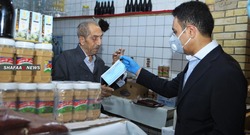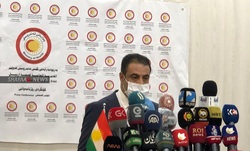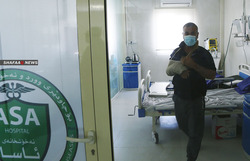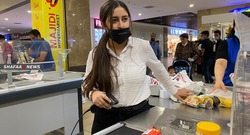Low oil prices could finally bring Iraq and Kurdistan together, a report says
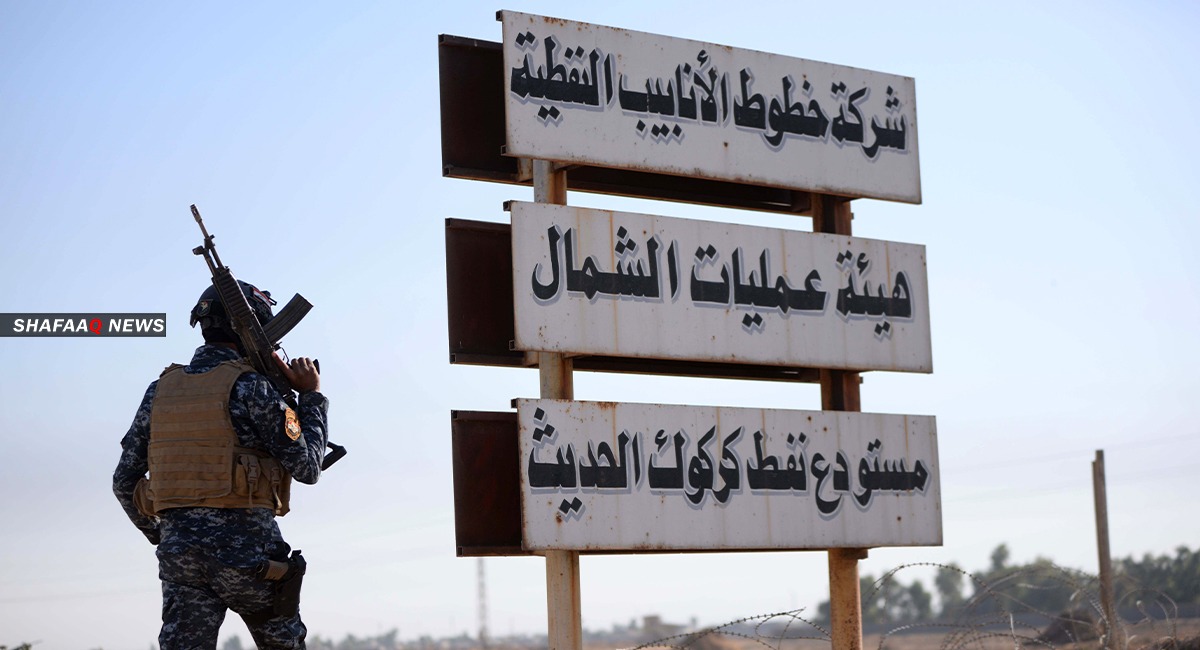
Shafaq News / An article published on the“oil price” website considered that the relationship between Baghdad and Erbil has been strained ever since Iraq managed to eliminate the threat of ISIS, as both sides perceive the other’s endeavors with anxiety but are too cautious to entirely shut the door on a future amicable settlement.
The article continued, “Today, as both sides struggle to survive the economic impact of COVID-19 having been forced to postpone important projects, a conflict between the two seems increasingly likely. At the same time, finding a mutually agreeable solution to the Iraqi-Kurdish division would massively benefit both parties”, adding ,”For the two sides to come to an agreement, there are multiple hurdles that must be overcome. First and foremost, Iraq desperately needs money as the fiscal breakeven level stipulated in its 2021 federal budget stands at 63 USD per barrel of oil. The Kurdish government, which is even more dependent on crude revenues than the notoriously oil-reliant Iraq, employs roughly half of the entire workforce in the region and has failed to pay out public sector salaries in a timely and adequate fashion. Thus, neither side has the freedom to act magnanimously and let go of funds that the populace might perceive as political misallocation.”
The Iraqi Oil Minister Ihsan Ismael stated that the production split “was not done correctly”, the article pointed out, lamenting that Basra production had decreased by 1mbpd (and another 0.1mbpd was allegedly cut in the Kirkuk area), whilst Kurdistan has barely made any changes to its usual upstream routine. It needs to be noted that following Iraq’s wild overproduction during the first round of OPEC+ production cuts, Iraq has effectively started to comply with its commitments from June 2020 onwards and has kept its production around the 3.8mbpd mark (although its current quota stands at 3.65mbpd).
The article explained that the (re)creation of an overarching national oil company might be one elegant way to dovetail the interests of the federal authorities with those of the Kurdish regional government. INOC ceased to exist more than 30 years ago, Saddam Hussein broke it up in 1987 into several regional companies.
“Now, with Ihsan Ismael at the helm of the Iraqi oil ministry (he used to be the director-general of the Basra Oil Company, the largest of regional oil-producing companies) the government consensus is that INOC should be reinstated by “Q3 2021 or Q1 2022”. The drive to reconstitute INOC is not new, Baghdad has tried to use it to pressurize Erbil into a deal – although the federal law was voted by parliament in March 2018, it was later scrapped by the Iraqi supreme court as several of the articles were deemed unconstitutional”.
The sense of shared travails and risks might actually be the one element that has been missing between Baghdad and Erbil, the article noted. Quarreling now, when both sides are suffering to such a degree, seems like a self-defeating strategy. With that in mind, the first contours of a deal may already be brewing. As opposed to previous years, Baghdad -As by the article- has agreed to wire some $250-260 million per month to the Kurdish Regional Government to cover half of its public sector salary expenditures. Although Kurdish authorities continue to bargain for more, even a return to last year’s agreement (12.67% of the federal budget in return for 250kbpd worth of crude production) seems a mutually acceptable way out.
